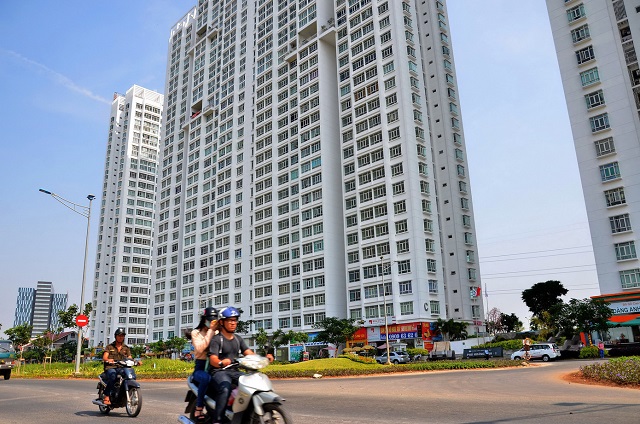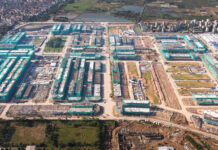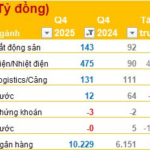Government Agencies Collaborate to Cleanse National Land Data
In early September 2025, the Ministry of Agriculture and Environment, alongside the Ministry of Public Security, launched a joint initiative to enrich and cleanse Vietnam’s national land database.
Over a 90-day period (September 1 – November 30), these ministries will partner with provincial and city authorities to audit and purify land data across 2,342 administrative communes. This effort will categorize a staggering 49.7 million land parcels.
Authorities will meticulously review, update, and rectify land records, synchronizing parcel details with the National Population Database and integrating them into the VNeID app for citizen verification. All documents will undergo digitization to establish a robust dataset.
Meanwhile, the Ministry of Construction has issued Decision No. 1253, outlining plans to upgrade the Housing and Real Estate Market Information System.
 A transparent real estate market hinges on a clean, unified data system.
|
The real estate sector has long grappled with fragmented, inconsistent data. Critical information—property prices, supply metrics, transactions, and zoning plans—remains scattered across localities, often outdated or inaccessible. This opacity hampers regulators and exposes investors, businesses, and citizens to unnecessary risks.
To address this, the Ministry aims to transform the Housing and Real Estate Market Information System into a unified digital platform, seamlessly interconnected with national and sector-specific databases.
The goal is clear: 100% of housing and real estate data must be accurate, complete, clean, and dynamic, ensuring security, privacy, and interoperability. Advanced analytics will empower agencies to forecast market trends and enhance decision-making.
The upgrade will unfold in two phases.
Phase one (2025) involves reviewing Decree No. 94/2024/NĐ-CP, building the database infrastructure, and assessing data readiness for integration. Training sessions will commence in November, with full synchronization to the National Data Center by November 30.
Phase two (2026) focuses on refining the system’s management capabilities. From June 30 to November 30, 2026, the platform will incorporate additional metrics for enhanced performance.
Previously, Ms. Tống Thị Hạnh, Director of the Housing and Real Estate Market Management Department, announced a state-managed real estate transaction center pilot project, developed with the Vietnam Real Estate Brokerage Association. This center aims to enhance transparency in property listings and streamline administrative procedures. Submitted to the Government in June 2025, the project awaits National Assembly approval in October, with a potential January 1, 2026 launch.
A More Transparent Real Estate Market
Mr. Lê Hoàng Châu, Chairman of the Ho Chi Minh City Real Estate Association, emphasizes the need for collective effort to establish a reliable housing and real estate database. Accurate transaction reporting by citizens and businesses is crucial, supported by penalties for misreporting to curb tax evasion.
“A comprehensive, publicly accessible database will foster market transparency, enabling tax authorities to calculate fair property values and prevent over-taxation,” Mr. Châu stated.
Matthew Powell, Director of Savills Hanoi, highlights the importance of digital transformation in real estate. “Streamlining processes through digitization enhances transparency, builds buyer trust, and improves operational efficiency,” he noted. Powell stresses the urgency of a centralized, digitized land registry to mitigate online transaction risks.
Ngọc Mai
– 09:09 15/09/2025















